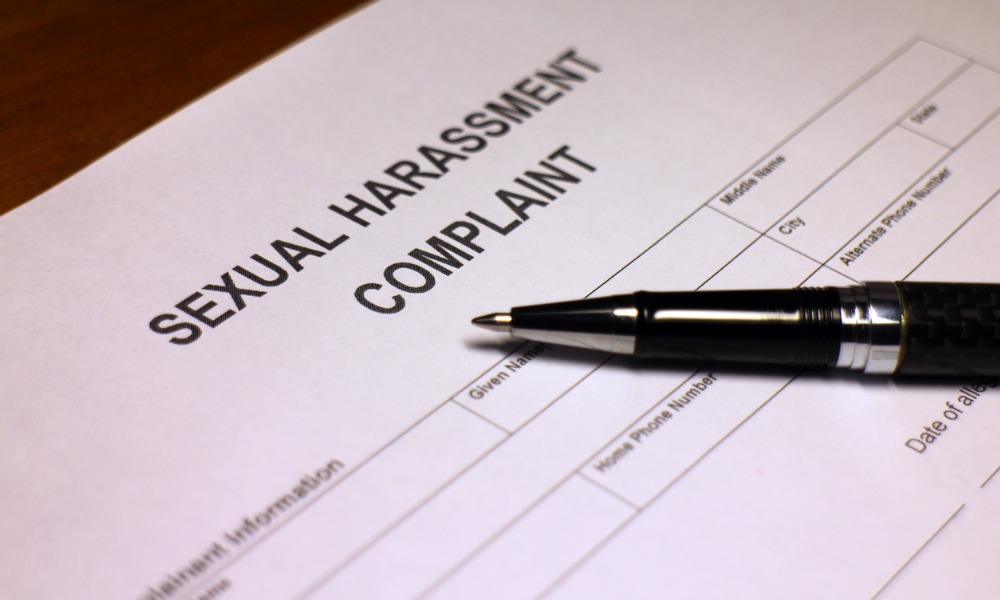
Structural inequalities 'intensify' impact on migrant workers, women, says University of Melbourne professor

Structural inequalities "intensify" the impact of workplace sexual harassment and exploitation among migrant workers, according to a new report from Australia's National Research Organisation for Women's Safety (ANROWS).
The report, led by University of Melbourne's Professor Marie Segrave, gathered insights from over 850 migrant and refugee women in Australia to look at the challenges women face at work.
"A critical finding of this research is that structural inequalities — such as racism, visa status, and employment conditions — intensify the impact of workplace sexual harassment and other forms of abuse and exploitation," Segrave said in a statement.
The research further found that workplace sexual harassment was "consistently experienced" alongside exploitive work conditions.
"Widespread experiences – and normalisation – of unequal pay, or general lack of physical or psychological safety, created environments in which sexual harassment was able to thrive," the report read.
"Workplace sexual harassment was viewed as an extension of other unsafe work practices, rather than as a practice that disrupted an otherwise 'safe' or 'secure' workplace."
When reported, workplaces rarely took formal action in response to sexual harassment, according to participants of the report.
"There was no formal recognition of the perpetrator's wrongdoing or that it was potentially unlawful," the report read. "Those in senior positions often responded to harassment by reinforcing that it was a woman's responsibility to avoid it (rather than challenging the behaviour/perpetrator)."
The insights from over 850 migrant and refugee women who participated in the report expands previous findings that revealed 46% of these women have experienced workplace sexual harassment within the past five years.
Tessa Boyd-Caine, CEO of ANROWS, said the report shows that addressing sexual harassment, racism, and exploitative conditions in isolation is inadequate.
"We must understand that these issues are interconnected if we are to improve conditions and safety of migrant and refugee women in Australian workplaces," Boyd-Caine said in a statement.